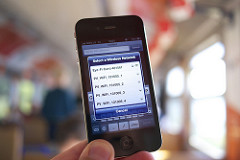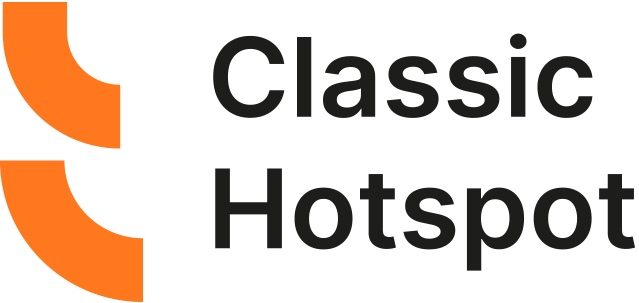German government proposes a change to previous liability clause in order to facilitate Internet access to public users through the nation, by suggesting user-registration system to WLAN providers to prevent infringement.

In comparison to other countries in Europe, Germany’s current legal situation makes it difficult for public users to find an accessible WiFi hotspot. The Telemedia Act currently enforced holds network providers responsible for its users’ online legal certainty. As this Act is set to diminish the possibility of cybercriminal activities, most businesses opt to restrict or impede full access to their WiFi hotspots in fear of lawsuits, regardless of whether or not the network is at fault.

In an attempt to provide easy Internet access and improve Germany’s digital agenda by keeping up with the latest trends in hotspot WiFi technology, a recent legislative amendment has led the German government to draft a bill withdrawing the liability clause set in 2010 by the nation’s top civil court of WLAN hotspots. This new bill will allow network providers to offer WiFi hotspot in a legally secure way, with no exposure to potential penalties. By providing their personal details and agreeing to the terms and conditions on a WLAN splash page, if and when the user breaches copyright or violates the rights of the agreement, the WLAN provider won’t have any responsibility.
Due to German’s strict rules in Internet piracy, Germany is in the international mid-range of availability of public WLAN hotspots and users pay expensive roaming fees when visiting Germany as a result of a constant struggle to connect. The liability privilege, essential to the European Directive on electronic commerce, will allow Germany to profit from Europe’s upcoming low-cost roaming regulations in 2017, as well as eventually extend the use of high-speed wireless Internet throughout Germany by 2018.
That being said, many WiFi hosts, activists and retailers consider the draft a nuisance as the request for personal information impedes the right to online anonymity. But fortunately, software for Wi-Fi cloud management as Tanaza make the required technical measures more affordable for large, medium and small businesses.

